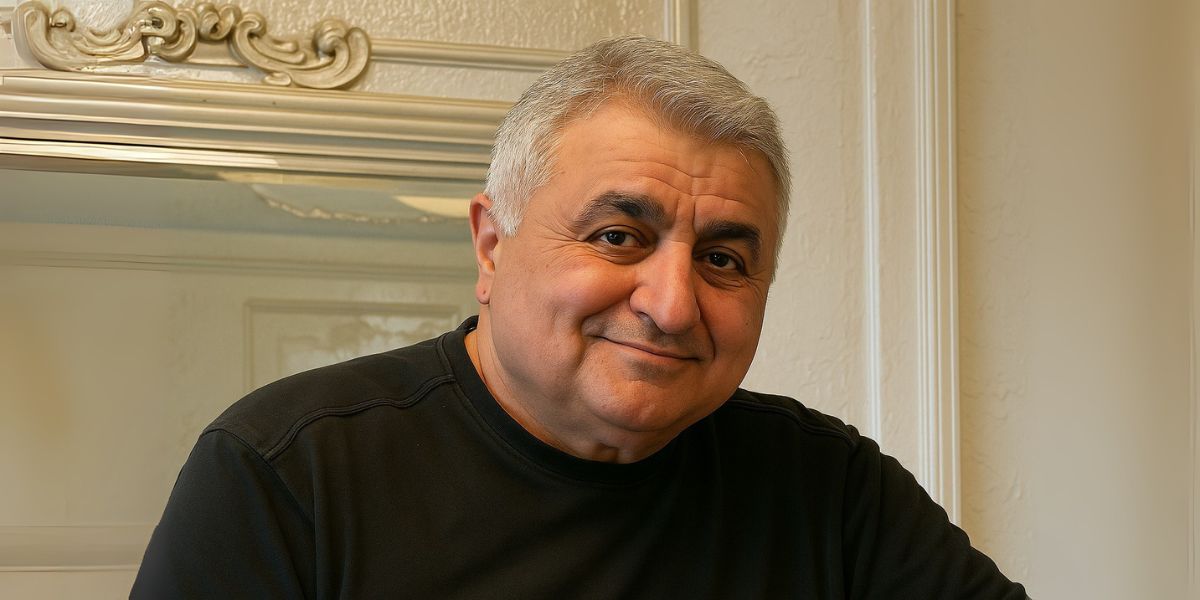By: Ibogaine Clinic
In the realm of TV, Christopher Moltisanti from the popular show The Sopranos has fascinated viewers like few other characters. Recognized for his substance abuse and aggressive behavior, Christopher’s role has ignited conversations about the notion of the shadow and its connection to drug addiction. Lately, enthusiasts have drawn comparisons between Christopher and the antihero Deadpool, implying that drug addiction can reveal a person’s antiheroic nature. This theory is in line with Carol Young’s shadow concept, which is increasingly recognized in the field of psychology.
Christopher’s role provides a powerful counterexample to the widely accepted view that drug addiction invariably brings out a person’s darkest side, causing them to commit evil and atrocious deeds. While it’s undeniable that drug addiction can often lead to disastrous effects on a person’s conduct and ethical orientation, Christopher’s narrative contradicts this stereotype.
Even though Christopher grapples with drug dependency, he consistently shows an incapacity to commit the offenses usually linked with mafia membership. This surprising departure from the standard provokes fascinating inquiries about the intricate relationship between addiction, personal traits, and societal norms.
Christopher’s resistance to yield to his drug addiction’s pressures and participate in illicit activities underscores the presence of an internal ethical guide within him that persists, even amidst addiction. This contests the idea that drug dependency automatically undermines a person’s moral judgment, implying that other elements are involved in shaping one’s behavior.
Moreover, the character of Christopher compels us to scrutinize the degree to which societal norms and stereotypes shape a person’s conduct. Being part of the mafia, it is naturally presumed that he would partake in unlawful acts to advance his personal gains. Yet, Christopher’s defiance of this anticipated conduct disputes the idea that addiction and criminal behavior are inseparable.
Upon analyzing Christopher’s character, it becomes clear that drug addiction is a multifaceted problem that cannot be simplified to a straightforward cause-and-effect correlation. Although addiction can undeniably exert a significant influence on a person’s conduct, it does not inevitably determine their actions. Christopher’s narrative serves as a testament that individuals possess autonomy and the capacity to make decisions, even amidst addiction.
In essence, the character of Christopher offers a complex and stimulating viewpoint on the interplay between drug dependency, personal traits, and societal norms. By challenging the stereotypes and assumptions linked to his situation, he prompts us to reevaluate our preconceived ideas and acknowledge the intricacy of addiction and human conduct.
These ideas that are exemplified by a fictional character do have real world applications. At least, many of the behaviors exhibited by the character are commonly seen in people who are going through similar situations in real life. That’s why he’s become a perfect poster child in many ways for people dealing with these struggles. The masterful portrayal of the character helps people see themselves in that persona.
This assertion suggests that the person’s addiction has significantly influenced his capacity to fully recognize and embrace his shadow self, hindering him from partaking in genuinely harmful deeds. Instead, his addiction has molded him into a character akin to Deadpool, a fictional anti-hero renowned for his apathy towards conventional concepts of right and wrong. This person’s character has evolved into a complicated blend of both positive and negative attributes, obscuring the boundaries between ethical and unethical. By being ensnared by addiction, he has cultivated a diverse nature that resists simple classification as entirely virtuous or wicked.
For more information visit www.ibogaineclinic.com or call 1-800-818-4511
Published by: Aly Cinco









